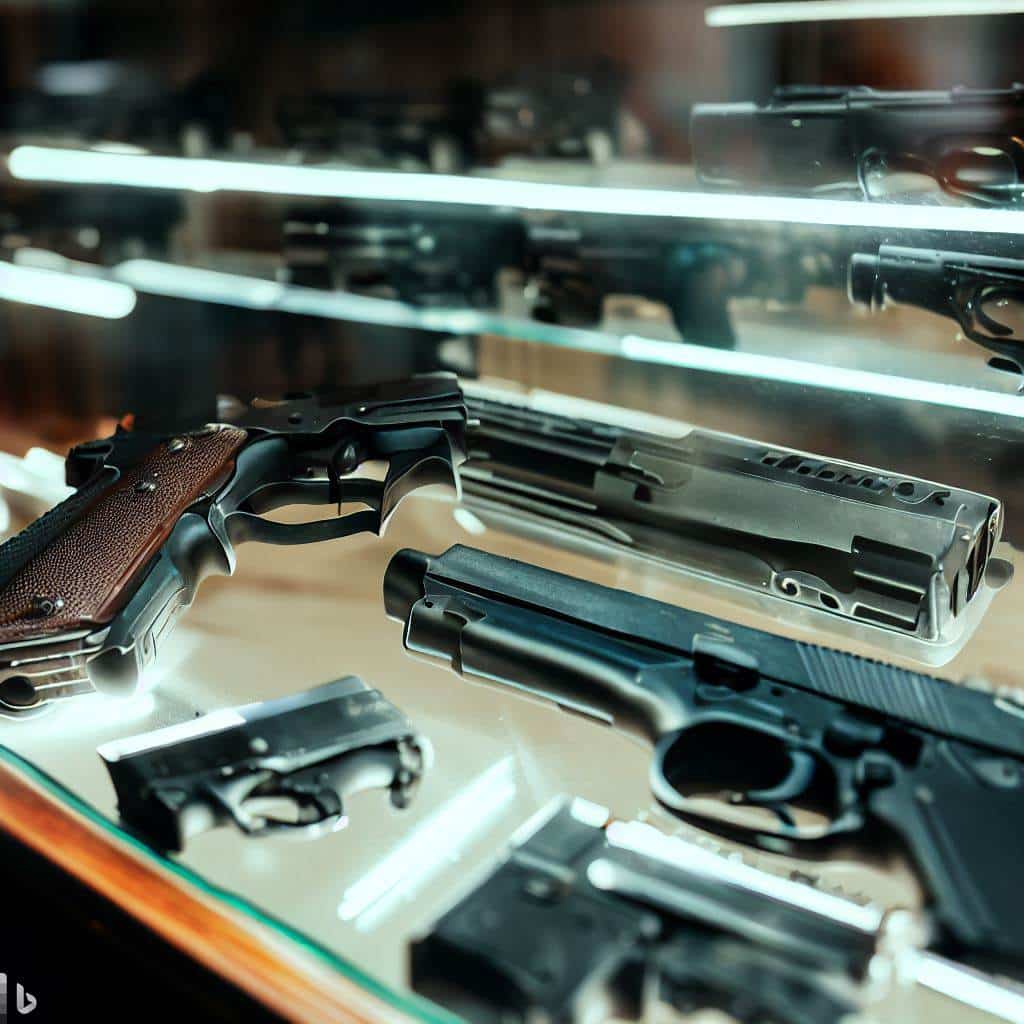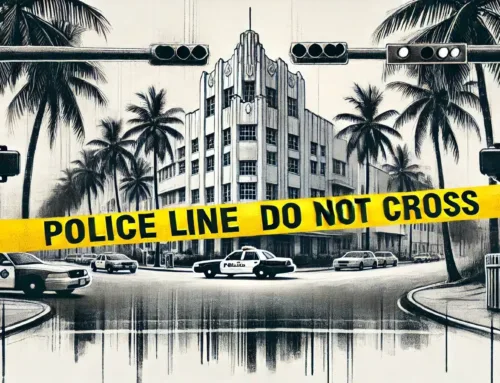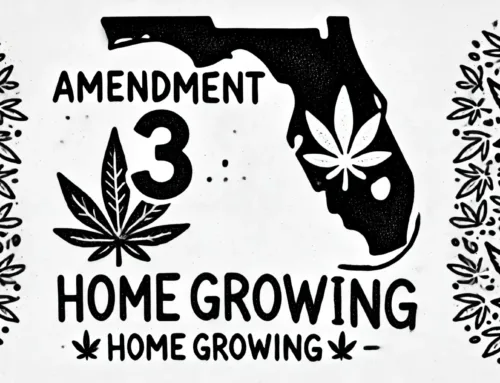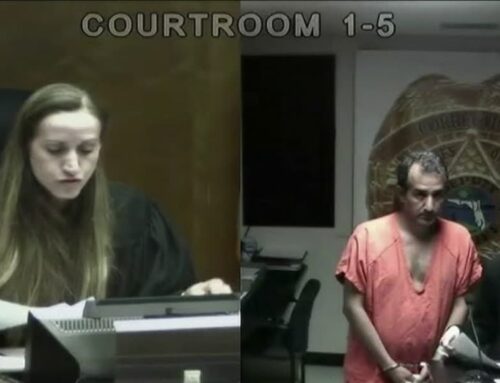New Florida Gun Law: Impact on Current Concealed Firearm Charges
On March 31, 2023, Florida Governor Ron DeSantis signed a bill that introduces significant changes to the state’s gun regulations, specifically modifying Florida Statute §790.06, which governs the licensing process for carrying concealed firearms. The new Florida gun law, which goes into effect on July 1, 2023, is a significant shift in Florida gun carry law. The new Florida concealed carry law removes the requirement for a government-issued permit and Florida firearms training before carrying a concealed weapon outside of the home.
Before the recent changes in Florida gun laws, the process for applying for a concealed weapons permit, also referred to as a gun license in Florida, involved several key steps and requirements. The goal of these measures was to ensure that only individuals who demonstrated responsibility, understanding of gun safety, and who met certain legal and moral criteria, could legally carry a concealed firearm.
- Eligibility: The individual applying for a concealed weapons permit needed to be at least 21 years old, a U.S. citizen or legal resident, and free of felony convictions. Other factors disqualifying an applicant included being convicted of a misdemeanor crime of violence in the last three years, having a restraining order levied against them, or being adjudicated mentally ill or committed to a mental institution.
- Training: One of the central components of the application process was mandatory firearm training. This education typically encompassed Florida firearm laws, gun safety protocols, and often included a live-fire exercise. The goal was to ensure that the applicant had the necessary knowledge and skills to handle a firearm safely and responsibly.
- Application Process: The actual application process involved filling out the application form provided by the Florida Department of Agriculture and Consumer Services, which included questions about residency, criminal history, and mental health. Additionally, applicants were required to get fingerprinted for a background check, provide a passport-style color photograph, and submit proof of competency with a firearm, which typically came from the previously mentioned firearms training course.
- Fees: There was also a fee associated with the application. The exact amount varied, but it generally covered the costs of processing the application and conducting the background check.
- Waiting Period: After submitting all the necessary documents and paying the fee, applicants would then have to wait for their application to be processed, which could take several weeks. If the application was accepted, the permit was then mailed to the applicant.
This process was designed to ensure that those carrying concealed firearms in Florida had been thoroughly vetted and trained, thereby promoting public safety.
This legislation does not affect Florida’s law which prohibits openly carrying firearms. The bill’s main focus is on dispensing with the requirement of obtaining a Florida gun license, also known as a concealed weapons permit, if you wish to carry a concealed firearm.
Effects of the New Law on Ongoing Concealed Firearm Cases
For those currently facing criminal charges for carrying a concealed firearm without a Florida gun permit under the existing Florida Statute §790.01(2), the upcoming changes to the new Florida gun law may have an impact on their cases. Until the new law takes effect on July 1, 2023, the existing legislation requiring a Florida firearm license for carrying a concealed firearm remains in place. Defendants in ongoing cases or cases that have not yet reached a resolution by the time the new law comes into force may argue that their charges should be dropped or reduced based on the new legislation.
Will the Courts Apply the New Florida Gun Law Retroactively?
Although the courts may take the upcoming changes in legislation into consideration, there is no guarantee that the new Florida gun law will result in a dismissal or reduction of charges. Additionally, the new legislation does not change the eligibility requirements for possessing firearms, so individuals who were ineligible to carry a firearm under the previous law will likely remain ineligible under the new law.
Under Florida firearm laws, certain groups of individuals are deemed ineligible to carry firearms due to specific circumstances. These could include those with felony convictions, individuals subject to restraining orders, people with certain mental health conditions, or those with a history of substance abuse. The new law maintains these restrictions. Thus, if you were ineligible under the former law due to any of these conditions or other factors, it’s likely that you will remain ineligible even after the new legislation becomes effective.
Navigating the New Florida Gun Law in Ongoing Cases
Individuals currently facing criminal charges for carrying a concealed firearm without a permit under Florida Statute §790.01(2) may have a potential argument for dismissal or reduction of charges once the new Florida gun law goes into effect on July 1, 2023. A case’s outcome will depend on specific circumstances and legal arguments, so it is important to remember that every case is unique. The new Florida gun law, as well as its impact on existing laws, should be discussed with an experienced criminal defense attorney to determine the best legal strategy for your case.
CALL US NOW for a CONFIDENTIAL CONSULTATION at (305) 538-4545, or simply take a moment to fill out our confidential and secure intake form.* The additional details you provide will greatly assist us in responding to your inquiry.
*Due to the large number of people who contact our requesting our assistance, it is strongly suggested that you take the time to provide us with specific details regarding your by filling out our confidential and secure intake form. The additional details you provide will greatly assist us in responding to your inquiry promptly and appropriately.
ALWAYS INVESTIGATE A ‘S QUALIFICATIONS AND BEFORE MAKING A DECISION ON HIRING A








